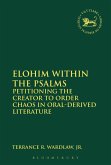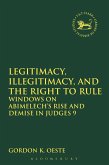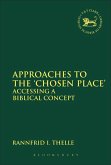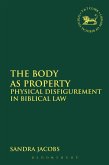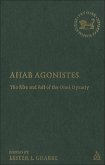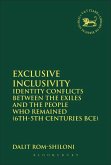This study provides a survey of all occurrences of YHWH that are followed by an Elohim appositive in the Leningrad Codex and their corresponding Septuagintal renderings. Its primary purpose is to demonstrate how each occurrence of YHWH Elohim, where Elohim is undetermined, could have resulted from changes made to an earlier text.
It begins with a discussion of methodological issues. This is followed by a description of the Hebrew context of the 887 occurrences of YHWH Elohim in the Leningrad Codex. In addition to breakdowns according to book, syntactic function and speaker, a summary of corresponding variants in synoptic parallels, the Samaritan Pentateuch, Dead Sea Scrolls and mediaeval manuscripts is also provided. This is followed by a summary of corresponding Septuagintal renderings.
These context descriptions provide the foundation for an analysis of the 38 occurrences of YHWH Elohim where Elohim is undetermined. Since four of these occurrences are followed by Sabaoth, a survey of all compound designations containing Sabaoth as well as an analysis of the 18 occurrences of YHWH Elohe Sabaoth are also provided.
It begins with a discussion of methodological issues. This is followed by a description of the Hebrew context of the 887 occurrences of YHWH Elohim in the Leningrad Codex. In addition to breakdowns according to book, syntactic function and speaker, a summary of corresponding variants in synoptic parallels, the Samaritan Pentateuch, Dead Sea Scrolls and mediaeval manuscripts is also provided. This is followed by a summary of corresponding Septuagintal renderings.
These context descriptions provide the foundation for an analysis of the 38 occurrences of YHWH Elohim where Elohim is undetermined. Since four of these occurrences are followed by Sabaoth, a survey of all compound designations containing Sabaoth as well as an analysis of the 18 occurrences of YHWH Elohe Sabaoth are also provided.



